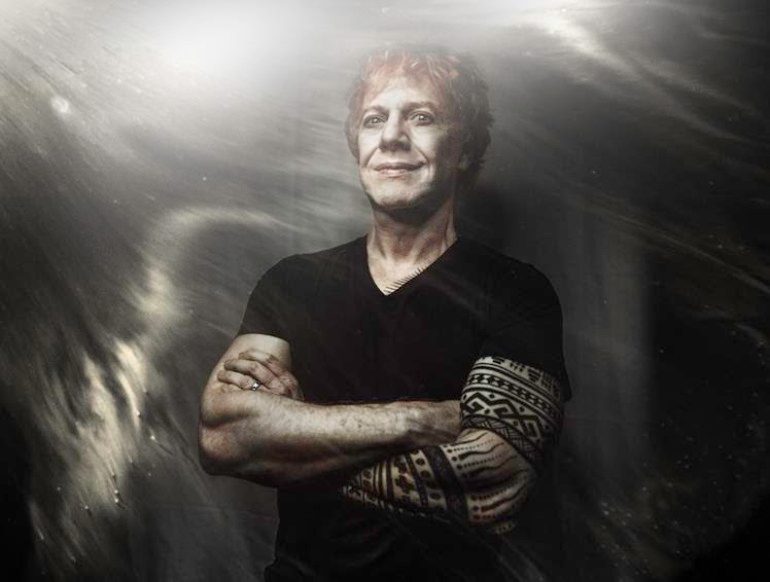“How do I respond to accusations so serious that being innocent is not a valid defense? It is excruciating to consider that a 50-year career may be destroyed in one news cycle as a result of vicious and wholly false allegations about sexual misconduct.” said Elfman.
The artist adds: “Ms. Abadi’s allegations are simply not true. I allowed someone to get close to me without knowing that I was her ‘childhood crush’ and that her intention was to break up my marriage and replace my wife. When this person realized that I wanted distance from her, she made it clear that I would pay for having rejected her.”
The composer continues with: “I allowed an ill-advised friendship to have far-reaching consequences, and that error in judgment is entirely my fault. I have done nothing indecent or wrong, and my lawyers stand ready to prove with voluminous evidence that these accusations are false. This is the last I will say on this subject.”
When Elfman made the initial statement, a representative for the artist told Rolling Stone that the alleged original settlement was a reaction to the #MeToo movement and Elfman and Abadi’s “limited interactions, which did not involve sexual contact, were fully consensual.”
“When faced with threats from the other party to go public with untruths at the height of the #MeToo movement, [Elfman] faced the impossible choice between settling and continuing his career and earning a living for his family or deciding to fight what at the time was an unwinnable battle to tell the truth—Danny chose his family.”
The statements adds: “It is disappointing, but sadly not surprising, that this baseless narrative would be revived now that the payments have stopped. Accusations alone should not and do not equate to guilt, and Danny will defend himself and clear his name with the volume of evidence and the other party’s own words—her words speak for themselves.”
Abadi’s attorney, Jeff Anderson, shared a brief statement with Rolling Stone as well: “It is ironic that Mr. Elfman’s current statements are directly contrary to the position he maintained in the underlying dispute and to the evidentiary record.”

